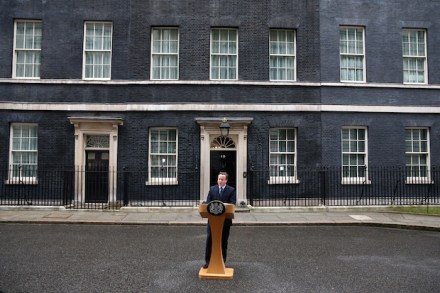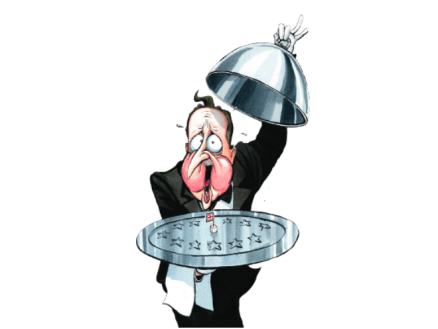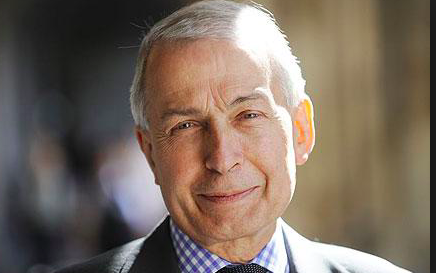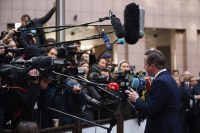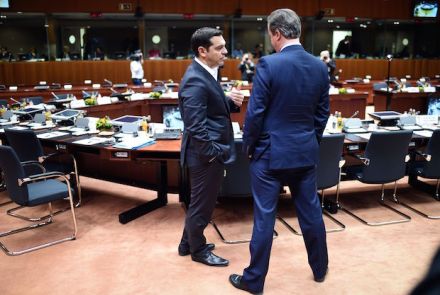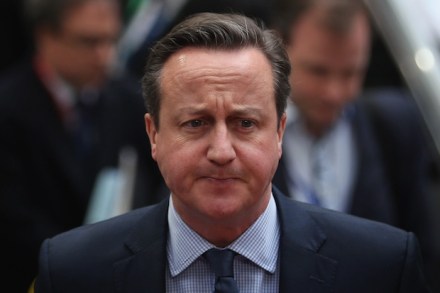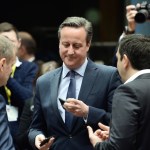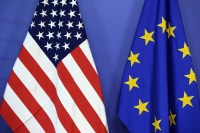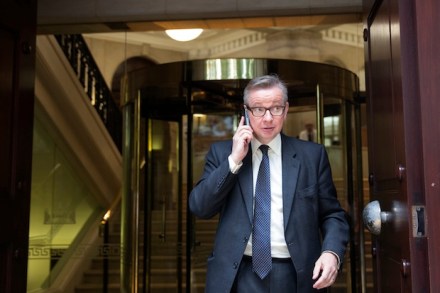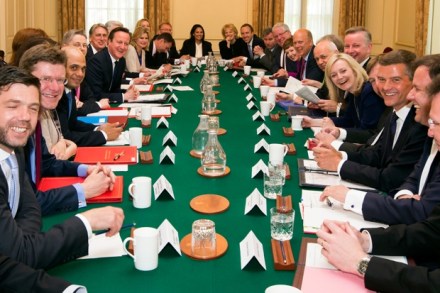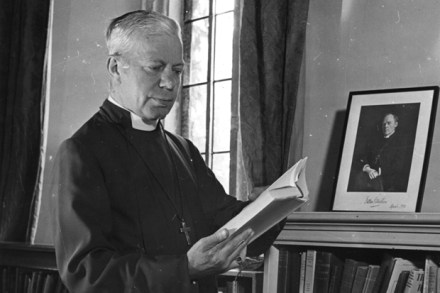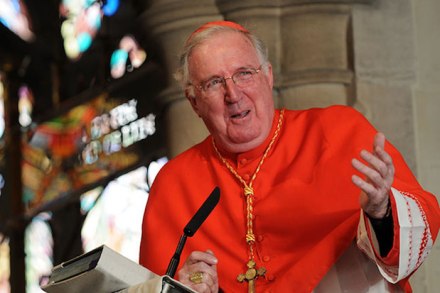And we’re off! David Cameron announces EU referendum on 23 June
As expected, David Cameron has just confirmed that the EU referendum will be on Thursday 23 June. The Prime Minister confirmed – again – in his statement in Downing Street that he will be recommending an ‘In’ vote. The Prime Minister’s statement was largely a reprise of his key themes from last night. He said that ‘the choice goes to the heart of the kind of country we want to be’ and argued that ‘this is about how we trade with neighbouring countries to create jobs, prosperity and security for our families’. He also repeated his line from his Brussels statement about those who want to leave being unable to set
